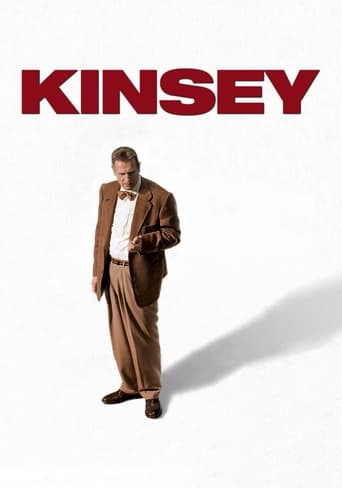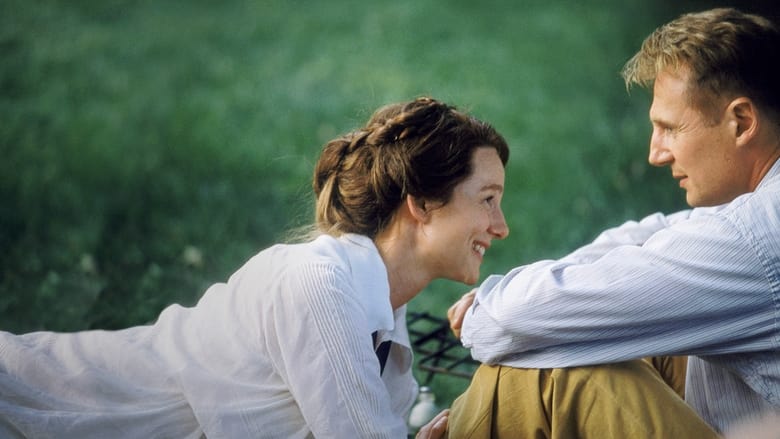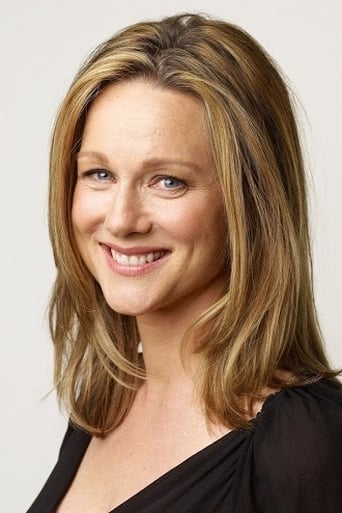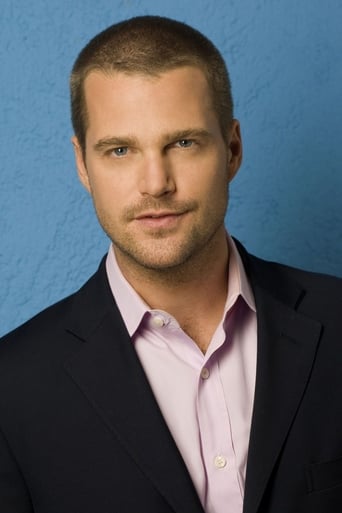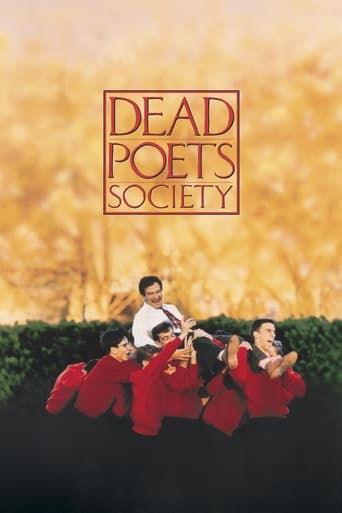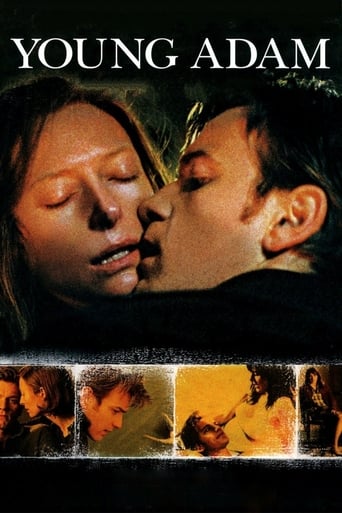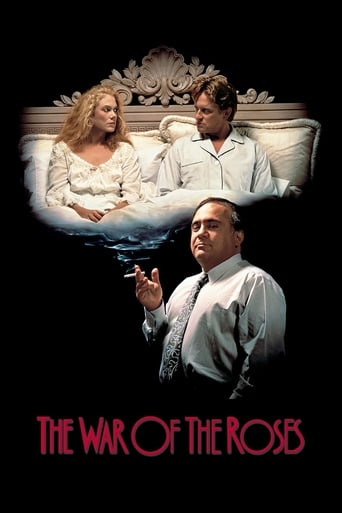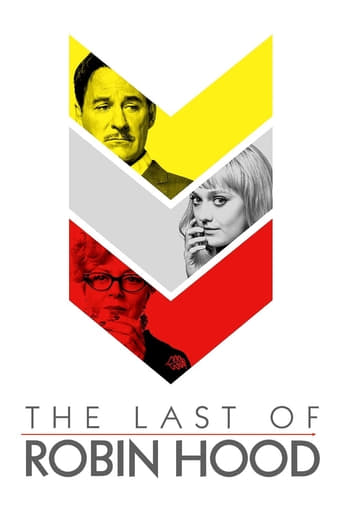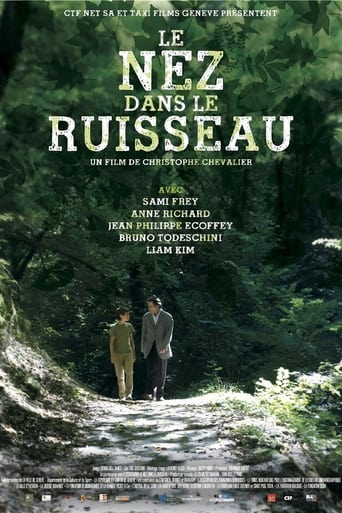Kinsey (2004)
Kinsey is a portrait of researcher Alfred Kinsey, driven to uncover the most private secrets of a nation. What begins for Kinsey as a scientific endeavor soon takes on an intensely personal relevance, ultimately becoming an unexpected journey into the mystery of human behavior.
Watch Trailer
Cast


Similar titles
Reviews
Great Film overall
I really wanted to like this movie. I feel terribly cynical trashing it, and that's why I'm giving it a middling 5. Actually, I'm giving it a 5 because there were some superb performances.
The story-telling is good with flashbacks.The film is both funny and heartbreaking. You smile in a scene and get a soulcrushing revelation in the next.
The best films of this genre always show a path and provide a takeaway for being a better person.
I found this film to be an interesting and engrossing account of the Life of Alfred Kinsey,played by liam Neeson.whether you like him or not,if the movie is any indication,he was a pioneer in the area of sexual research.at the very least he changed the way peopled look at and perceive sex.he's no doubt a polarizing figure.some people ,I'm sure,reviled him while others applauded him.the movie is very in its language and its depiction of sex,i all its forms.there is some quite graphic language as well as some explicit nudity,but it's shown in a tasteful way and not just gratuitous.it definitely earns its 18A rating though.this is not a film for everybody.some may find it offensive.i didn't but that just me.for me,Kinsey is an 8/10
lets talk about a true story of humans and sex it is a fascinating funny and thoroughly entertaining film from the writer and director of god and monsters it star Liam nesson character as the doctor doing research into 1960 America love is the answer but sex raises a lot of interesting question this film portrays Albert Kinsey in moving way a visionary driven to uncover the most private sexual secrets of a country laura Linnea plays Albert wife in this film she play a an OK character dealing with marriage issues and test his journey. a man on a mission to ultimately changes American society forever and created a book of his studies which became a media sensation just like 50 shades of gray but for men showing their behavior this sparked debates that still go on to this day very enjoyable film at 1hr53mins 7.5/10 my 152 review
"The 'couple' is like the final stage of the great social debacle. It is the oasis in the middle of the human desert. Under the auspices of 'intimacy', we come to it looking for everything that has so obviously deserted contemporary social relations: warmth, simplicity, truth, a life without theatre or spectator. But once the romantic high has passed, 'intimacy' strips itself bare: it is itself a social invention, it speaks the language of glamour magazines." - The Invisible CommitteeBill Condon's "Kinsey" delves into the life of Alfred Kinsey, a pioneering sex researcher who spent years gathering data on the sexual preferences, practises, attitudes, fantasies and customs of thousands of men and women. Published in the wake of WW2, the "Kinsey Reports" would hit the world like a ton of bricks, and are credited with laying the foundations for Second Wave feminism.Though conventional in most respects, "Kinsey's" subject matter is interesting and wholly original, Condon doing his best to portray Kinsey's flaws as well as his virtues. The film fails to fully show how Kinsey's sexual preferences (he was reportedly a bisexual) may have skewered his data and driven his scientific obsessions, but Condon's alignment of Kinsey's sexual dysfunctions to those of his father, a stern, Christian fundamentalist, is nevertheless interesting in the way it mirrors broad, liberal views of sexuality (promiscuity, polygamy, "free love" etc) with more puritanical, conservative views (monogamy, sexual fears, religious guilt, celibacy etc). Either extreme is equally dysfunctional or harmful, the film then goes on to argue, before recommending a form of "open, honest, monogamy", where the best of both worlds are somehow reconciled.So the tension at the heart of the film is rather unique. Was Kinsey a degenerate who led America into a spiral of moral decay or a trailblazer who liberated millions from the tyranny of ignorance, superstition, and religious intolerance? On one hand, many argue that monogamous relationships and the institution of marriage perpetuate patriarchy, ownership and are rooted in capitalism (monogamy/marriage was partially constructed as a measure of power by patriarchal societies, so that men could ensure that their children were the rightful heirs to their property). In this regard polyamory is seen as being liberating because it crushes certain ideas we have about ownership and the language we use around marriage and monogamy. Being in a non-monogamous situation, some argue, leads to sharing, greater honesty and allows people to be more autonomous.Another argument is that there is a relationship between war, aggression, and the control of sexuality, as many observers since the time of Freud have noted. Scholars such as Kinsey and Foucault suspected that the more repressed a culture, the more violent and reactive it is. In contrast, when sexuality is unchallenged as part of the arc of life, there is less violence and more acceptance.Such "thought experiments" are common in science fiction literature. Ursula Le Guin's "The Left Hand of Darkness", for example, revolves around a race of aliens who are completely sexless. Because of their neutered state, they are not only entirely passive, but do not understand concepts such as "war" or even "progress". Indeed, their whole society has no drive to advance, innovate, renovate, conquer, or engage in games of dominance, class, acquisition, status, submission etc. Even their concept of time suggests stasis; on their planet, the current year is always called "year 0", and past years are retroactively re-named or re-numbered as time goes by to take into account a perpetual "present".Ironically, those who oppose polyamory do so for the same reasons as those who support it. For some, polyamory is an extension of capitalist hedonism; one's sense of loyalty and control is overridden by the ego, which ceaselessly commands one to "enjoy", to cave to desires and accumulate or possess multiple partners. As desire represents a lack that can not be satisfied, the lover finds itself trapped in a neurotic cycle of acquisition; a slave to desire. These critics see polyamory as a form of greed, hedonism and perpetual dissatisfaction. But this is a misrepresentation of polygyny. Polyamory and promiscuity are not, at least in theory, the same thing.Then there are other arguments. Both capitalism and polygyny increase the variance in the distribution of desired outcomes (more partners/objects/commodities per person) while lowering the mean (less people with partners/objects/commodities). The mean number of children per man is exactly the same under polygyny and monogamy, but the proportion of men who have children is much greater under monogamy than under polygyny. In other words, more men are reproductively successful under monogamy than under polygyny. Ie - capitalism and polygyny are systems designed to reward the winners and punish the losers.On yet another hand, some stress that polyamory is "natural", and that it is only economic and external factors which led to humans becoming monogamous (a couple can better provide for a child than a single parent etc). So why not embrace nature and breed like bunnies? Why not have multiple parents working in tandem? (incidentally, Le Guin's neutered aliens all immediately give their babies to the group. The child never has parents. Instead, the whole community is a parent) To counter this, some say what's natural is always contingent, so why not strive for a better, monogamous ideal, rather than indulging in rampant desires? At which point those who advocate polyamory go to lengths to stress that it has nothing to do with sex. It's not about bedding many different people. If love is narcissism, and "true love" is excessive empathy, then why limit your 'excessive empathy' to just one person? Why not love everyone? Then, of course, the monogamous camp plays their trump card. If it's not about sexual intimacy, why not remove sex from polygyny altogether? At which point you're back with religion, and a kind of unconditional, Christ-like love; Polyamory as the ultimate sexual Jesus.8/10 – See Mazursky's "Bob and Carol and Ted and Alice".
As a student of zoology, you could say I've become quite the expert on the behaviour variously euphemised as "horizontal jogging," "making the beast with two backs," or by dystopian droogs as "the old in-out in- out." Well, Alfred Kinsey was even more expert than me. In the famously prudish decades of the 1940s and 50s, the entomologist at Indiana University (played here by Liam Neeson) realised that the taboo subject of human sexuality was essentially unexplored by modern science, and set out to rectify this situation. The products of his labours, known as the Kinsey Reports ("Sexual Behavior in the Human Male" (1948) and "Sexual Behavior in the Human Female" (1953)) were immediate popular sensations, arousing admiration and condemnation in equal volume.An ensemble cast (including Neeson, Laura Linney, Peter Sarsgaard, Timothy Hutton, John Lithgow, and Tim Curry) do very well with what they're given, and it's a fascinating story being told, but the screenplay itself is all over the place. A few scenes are dedicated to Kinsey's family life, but then the children are never heard from again. There's a rather awful graphic montage that is supposed to represent Kinsey's team interviewing subjects all over America. This is all made up for, perhaps, by a very touching sequence near the end, in which an interviewee (played by Lynn Redgrave) thanks Kinsey for saving her life through his research. Worth watching, because anything with Liam Neeson is worth watching.

